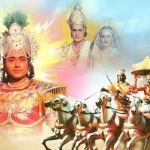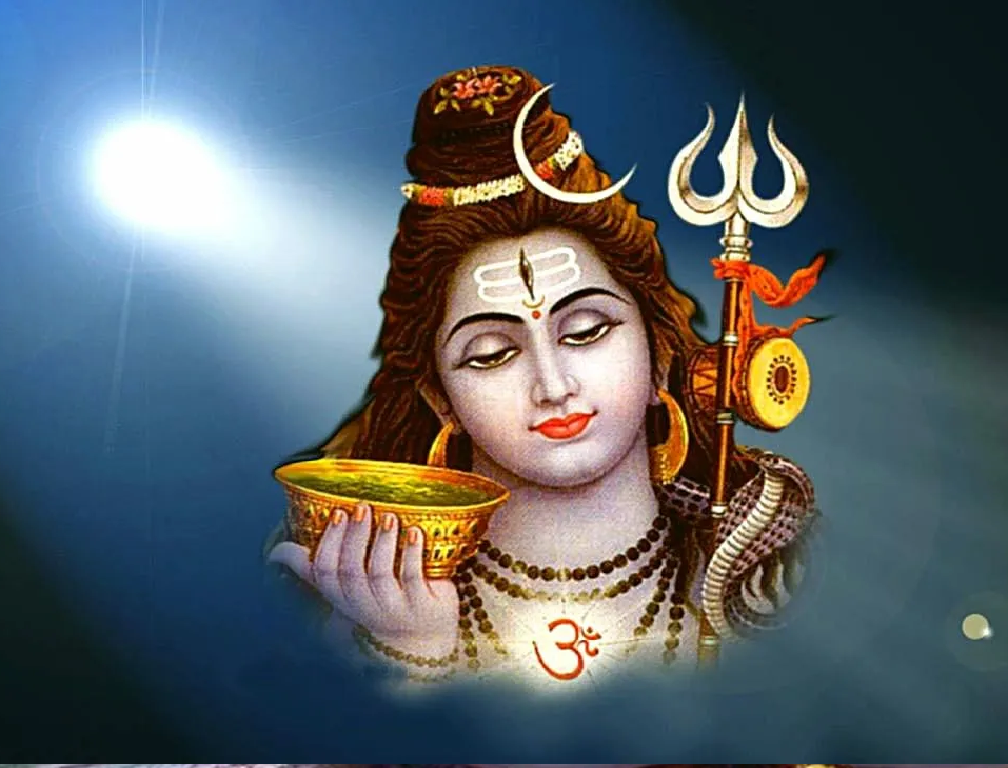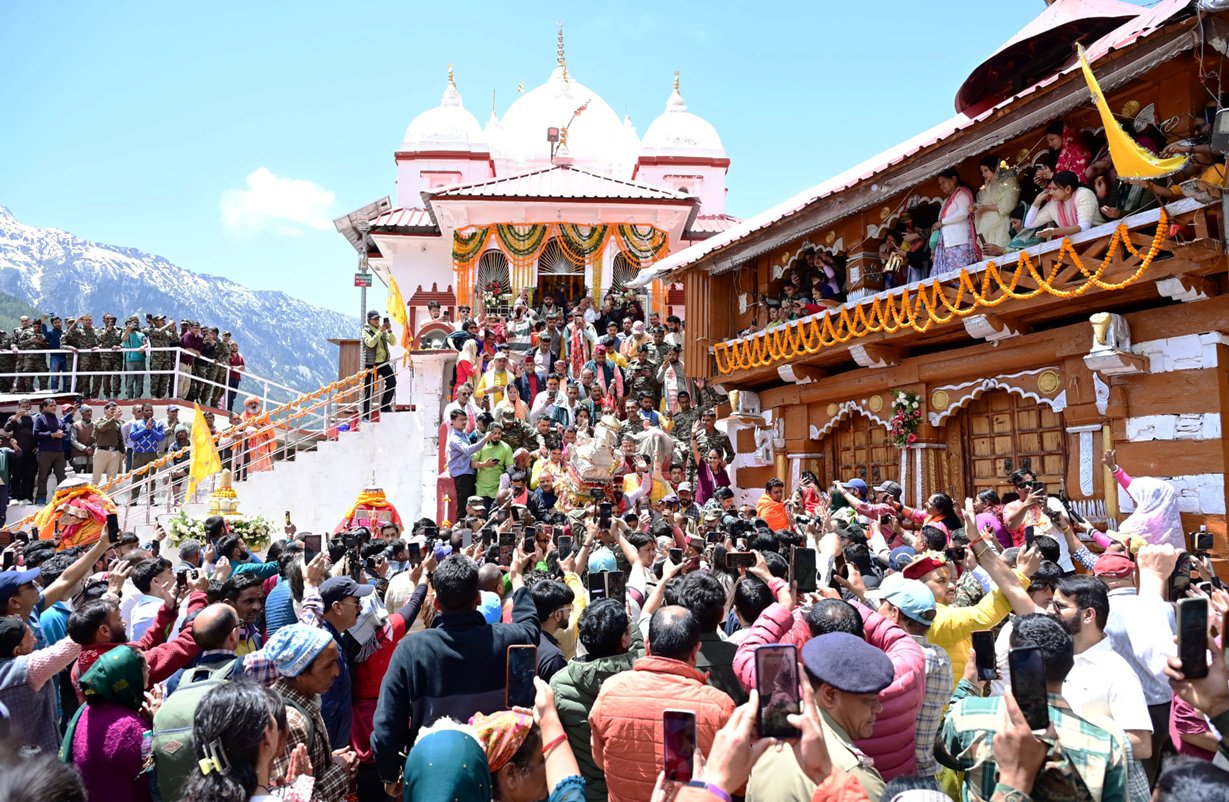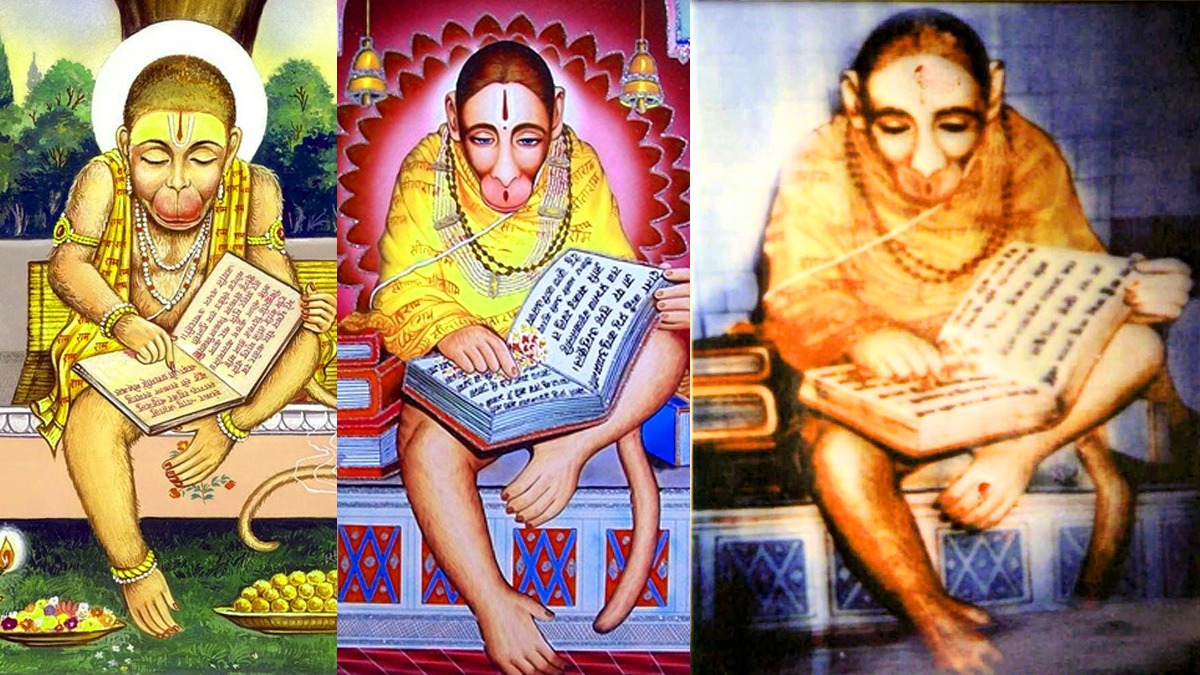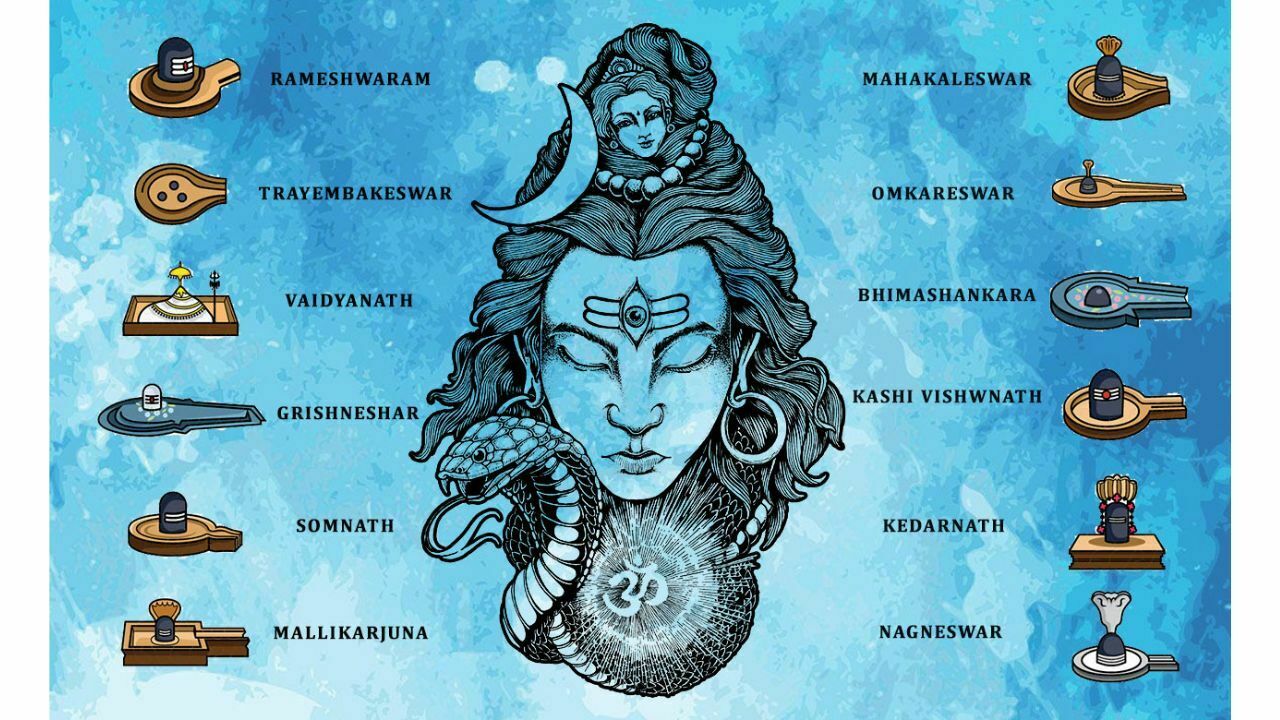In the pantheon of Hindu deities, Shiva stands as a paradox, a mystery, and a profound truth. He is the yogi who renounces everything yet governs everything. He is the destroyer who creates space for renewal. And, uniquely, he is worshipped with equal fervor by both the devas (gods) and the asuras (demons). Why would opposing forces in the cosmic order revere the same being? The answer lies in Shiva’s essence: he transcends duality and embodies universal truths that resonate beyond human or divine constructs.
The One Beyond Judgment
Shiva accepts sincere devotion, regardless of identity or actions.
Shiva does not discriminate between the virtuous and the fallen, the ascetic and the indulgent, the creator and the destroyer. For Shiva, devotion is the only measure of worthiness. Ravana, the demon king of Lanka, exemplifies this truth. Despite his asuric tendencies and his eventual role as an antagonist in the Ramayana, Ravana was a devout Shiva worshipper. He composed the Shiva Tandava Stotram, a hymn so powerful and beautiful that it is revered even today. Shiva did not reject Ravana’s devotion because of his identity as an asura; he accepted it because it was genuine. This impartiality reflects a higher spiritual principle: the divine sees beyond the labels we assign. Good and evil, success and failure, purity and impurity—these are human constructs. Shiva reminds us that what matters is our sincerity, our actions, and our alignment with higher truth.
The Destroyer Who Enables Creation
Destruction is transformation; clears path for renewal and growth.
Shiva is often called the “Destroyer,” but destruction in his context is not chaos or ruin—it is transformation. Destruction clears the path for renewal. Without decay, there can be no growth. Without the end of the old, the new cannot emerge. Both devas and asuras recognize this cosmic truth. The devas understand that Shiva’s role is essential to maintaining order in the universe. Without his tandava—the cosmic dance of destruction—the universe would stagnate. The asuras, who often find themselves in opposition to the established cosmic order, see in Shiva a kindred spirit of rebellion and change. He is not bound by rules, nor does he enforce them; he exists beyond them.
The Bridge Between Opposites
Shiva unites opposing forces: light, shadow, creation, destruction.
Shiva is the ultimate unifier of opposites. He is Ardhanarishvara, the embodiment of both masculine and feminine energies. He is both ascetic and householder, meditating in solitude but also sharing a loving partnership with Parvati, the goddess of fertility and strength. He drinks poison to save the world but remains unaffected by its toxicity. For gods and asuras alike, Shiva represents the potential for coexistence and harmony in opposites. He is the reminder that light and shadow, creation and destruction, divine and demonic are not in conflict—they are interdependent. Without destruction, there is no creation. Without shadow, there is no light.
A Teacher for All Seekers
Shiva’s teachings offer liberation and self-realization to all.
Shiva’s role as Adiyogi—the first yogi and the originator of yoga—is another reason for his universal reverence. Yoga, as taught by Shiva, is not confined to physical postures; it is a path to self-realization and liberation. It is a practice that transcends religion, social structure, and identity. Both devas and asuras, despite their differences, seek power, enlightenment, and fulfillment. Shiva offers a path to all seekers. His teachings are not reserved for the elite or the morally upright; they are open to anyone willing to look inward and transform themselves.
Why Shiva Matters Today
Shiva’s universality transcends division, embracing unity and transformation.
Shiva’s universal acceptance speaks to something deeply relevant in our modern world: the need to transcend division. In a world increasingly polarized by ideologies, identities, and beliefs, Shiva’s impartiality and universality remind us of the power of unity. He shows us that the labels we cling to—good or bad, right or wrong, us or them—are ultimately illusions. Shiva’s worship by both gods and asuras teaches us that transformation is possible for everyone. It is a call to embrace duality, to destroy what no longer serves us, and to create space for growth. It is a reminder that divinity is not a privilege of the few but a birthright of all who seek it.
The Eternal Truth of Shiva
Shiva represents acceptance, transformation, and unification of all beings.
Shiva is not just a deity; he is a principle, a truth, and a way of being. He transcends the binaries of human thought and exists as the ultimate reality—a reality that accepts, transforms, and unifies. This is why he is worshipped by devas and asuras alike. Because in Shiva, they see themselves—not as opposites, but as parts of the same whole. In the end, Shiva’s message is simple: no matter who you are, where you come from, or what you’ve done, the path to transformation and liberation is always open. All you need is the courage to walk it.






